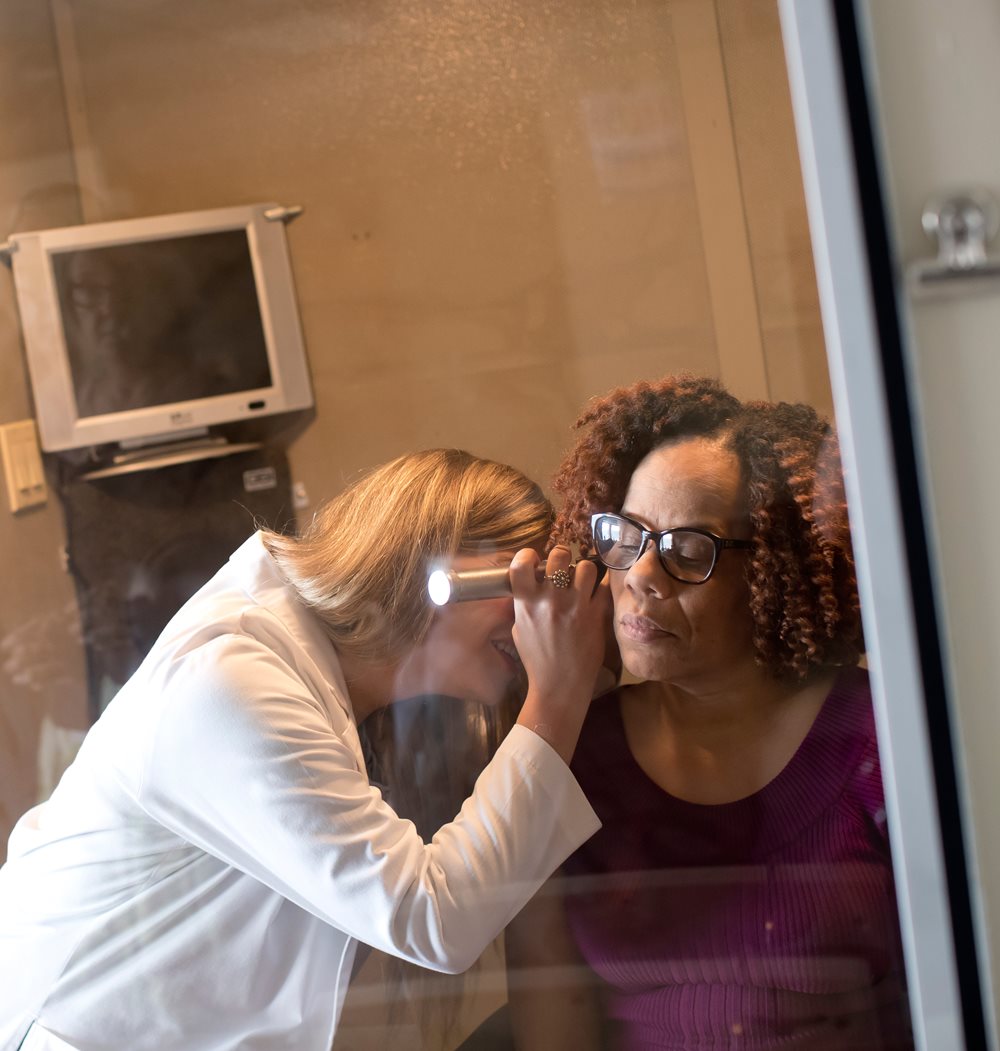Healthy Hearing & Diabetes
 According to the National Institutes of Health (NIH), hearing loss is almost twice as common in adults with diabetes, compared to those who do not have the disease.
According to the National Institutes of Health (NIH), hearing loss is almost twice as common in adults with diabetes, compared to those who do not have the disease.
In the NIH study, hearing tests were given to a sample group of nearly 11,500 adults ranging in age from 20 to 69 across the United States –some with diabetes and some without. The tests measured each participant’s ability to hear low, middle and high frequency sounds in both ears. The adults with diabetes had significantly poorer hearing than those without, leading researchers to conclude that there is likely a link between diabetes and hearing loss.
Diabetes is caused by the body’s inability to produce or respond to insulin, which results in abnormal levels of glucose (sugar) in the body. According to the American Diabetes Association, high glucose levels can cause damage to the small blood vessels and nerves in the inner ear - similar to the way diabetes can cause damage to the eyes and kidneys.
Hearing exams are often overlooked when it comes to routine diabetic care, but they are an important aspect of overall health. Here are some simple tips to help those with diabetes improve their hearing health:
- Make an appointment for a comprehensive hearing exam: Just like annual eye exams, make a habit of scheduling an appointment for a routine hearing exam every year. If you notice any changes in your hearing, you should see your primary care physician who can refer you to an audiologist.
- Keep your blood sugar under control: High glucose levels can have an effect on hearing health, so it’s important to monitor blood sugar levels and take medicine as prescribed.
- Maintain a healthy lifestyle: Even for those without diabetes, it’s important to steer clear of unhealthy habits such as smoking and lack of exercise.
- Protect your ears: Carry disposable earplugs, especially when you know you’ll be someplace noisy. Also make sure to keep the volume on smartphones and electronics at a reasonable level.
To request an appointment with the Pennsylvania Ear Institute click here or call 215.780.3180.